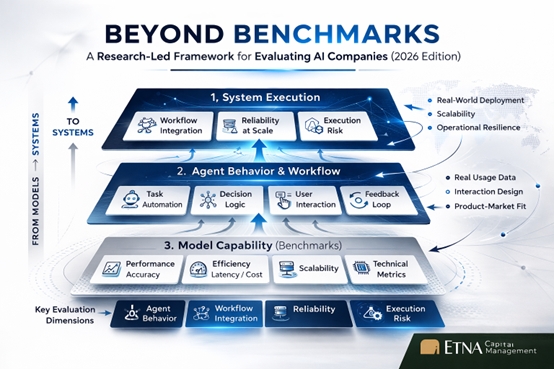Summary: In efforts to promote operational efficiency and safety, the United States Air Force is steadily advancing towards incorporating AI technology into their fighter jets. Air Force Secretary Frank Kendall has revealed plans to personally test fly an AI-operated aircraft as part of this ambitious transition.
In a recent dialogue with senators, U.S. Air Force Secretary Frank Kendall communicated his plans to pioneer a flight in an AI-piloted fighter jet. The initiative underscores the Air Force’s dedication to integrating autonomous systems into aerial combat to reduce the risk to human pilots.
Kendall committed to participating in an upcoming trial flight aboard a jet equipped with advanced AI technology—a move that is being viewed as a testament to the Secretary’s confidence in the system. During this test, Kendall will be accompanied by a trained pilot. Both officials will refrain from taking manual control of the aircraft, allowing the AI to navigate autonomously.
While details regarding the date or the type of aircraft (whether a drone or a full-size fighter jet) used for the test remain undisclosed, the significance of the event cannot be understated. The Air Force’s endeavors point to a future where the use of AI in warfare could potentially minimize human casualties and reduce costs.
The strategic development of these autonomous systems is not without its financial benefits. The aspiration is to manufacture these AI-operated machines at a fraction of the expense of current manned fighter jets, aiming for each unit to cost just about one-quarter to one-third of an F-35’s price tag, an estimation arriving at roughly $20 million each. This plan represents both a tactical and economic leap forward for military aviation.
Emerging AI Technology in the Aerospace and Defense Industry
The integration of artificial intelligence (AI) in military aviation is part of a broader transformation within the aerospace and defense industry. This sector is increasingly adopting AI to enhance decision-making, predictive maintenance, surveillance, and combat operations. AI-driven technologies hold the promise of revolutionizing air warfare by enabling machines to take on more complex tasks autonomously, thereby minimizing human risk in dangerous missions and potentially leading to reduced casualties in conflict scenarios.
Market Forecasts and Financial Implications
The global market for AI in defense is projected to grow substantially in the coming years. Market research suggests a compound annual growth rate (CAGR) of significant percentages, driven by the increased defense spending on smart technologies, including unmanned aerial vehicles (UAVs), and an uptick in demand for AI systems for surveillance and reconnaissance missions. As the cost of producing traditional manned aircraft like the F-35 continues to rise, the economic incentive to develop AI-operated alternatives at a fraction of the cost is stronger than ever. This financial strategy could empower nations to expand their fleets while managing budget constraints.
Industry Challenges and Ethical Considerations
Despite the financial and operational benefits, the shift towards AI in warfare brings its own set of challenges. There are concerns about the reliability and security of AI systems, which must demonstrate an ability to withstand adversarial attacks and function in unpredictable environments. Moreover, ethical considerations surrounding the deployment of AI in combat situations are at the forefront of discussions, with debates on the extent to which machines should be allowed to make life-and-death decisions.
As AI technology continues to develop and its applications within the aerospace industry evolve, it’s essential to maintain a focus on creating reliable, secure, and ethical AI systems. The aerospace industry must address these crucial issues in collaboration with policymakers, military strategists, and technologists to ensure that advancements in AI contribute positively to operational capabilities without compromising safety or ethical standards.
For more information on the aerospace and defense industry, you can follow this link to the official U.S. Department of Defense or explore updates on global defense markets at a trusted domain like Janes. These sources provide comprehensive insights into military technology advancements and market trends.

Leokadia Głogulska is an emerging figure in the field of environmental technology, known for her groundbreaking work in developing sustainable urban infrastructure solutions. Her research focuses on integrating green technologies in urban planning, aiming to reduce environmental impact while enhancing livability in cities. Głogulska’s innovative approaches to renewable energy usage, waste management, and eco-friendly transportation systems have garnered attention for their practicality and effectiveness. Her contributions are increasingly influential in shaping policies and practices towards more sustainable and resilient urban environments.








